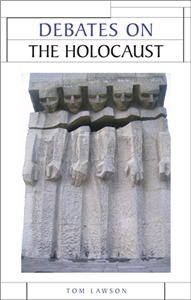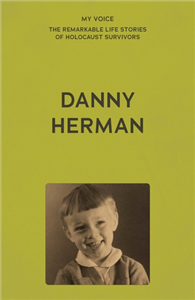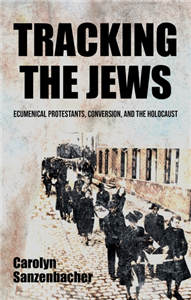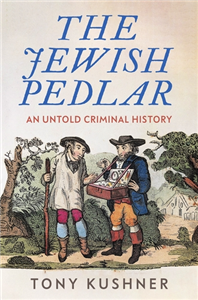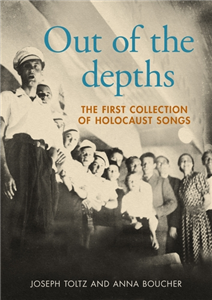Debates on the Holocaust
by Tom Lawson
Debates on the Holocaust is the first attempt to survey the development of Holocaust historiography for a generation. It analyses the development of history writing on the destruction of the European Jews from just before the end of the Second World War to the present day, and argues forcefully that history writing is as much about the present as it is the past. The book guides the reader through the major debates in Holocaust historiography and shows how all of these controversies are as much products of their own time as they are attempts to uncover the past. Debates on the Holocaust will appeal to sixth form and undergraduate students and their teachers, Holocaust historians and anyone interested in either the destruction of the European Jews or in the process by which we access and understand the past.




